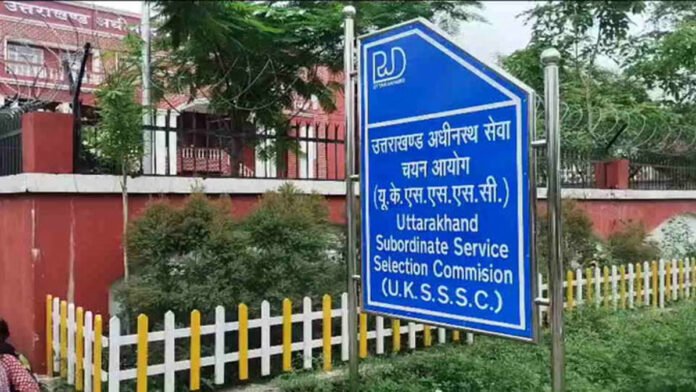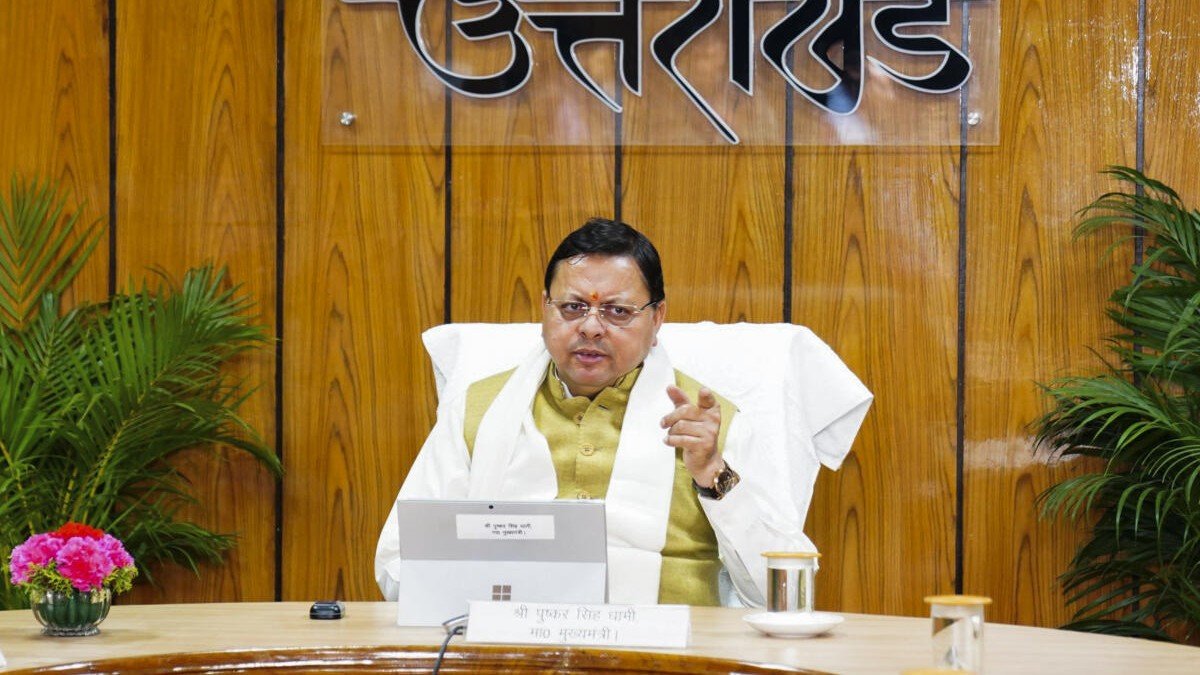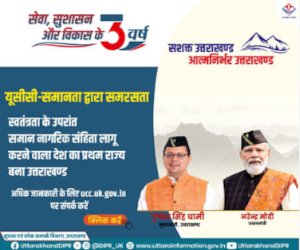In a key move amid the UKSSSC paper-leak turmoil, the Uttarakhand Subordinate Service Selection Commission board is convening today and may take major decisions regarding upcoming examinations. The meeting, chaired by Commission President G.S. Martolia, is expected to address the scheduling and conduct of tests that have been delayed due to the scandal.
Our correspondent reports that the board is likely to recalibrate the exam calendar. Among the pending tests is one for Cooperative Inspector and Assistant Development Officer (Cooperative) possibly scheduled for 5 October. Next on the list are exams for Assistant Agriculture Officer Class-I and Technical Assistant Class-I, tentatively due on 12 October. After these, a Physical Efficiency Test (PET) for 124 Forest Guard posts was planned from 28 October.
Our correspondent adds that in view of the CBI investigation into the leak and the ongoing SIT inquiry, the commission is proceeding cautiously and may postpone or modify exam dates. In fact, the admit cards for the 5 October exam have not been released yet, raising speculation that the meeting will settle whether the test should go ahead as scheduled.
Officials say the board will deliberate on whether to hold exams under stricter safeguards, or delay them until the inquiry concludes. The focus may include enhanced security protocols, revised centre allotments and transparent supervision mechanisms.
Observers believe the decisions made today will be critical for thousands of aspirants who have awaited announcements. Any postponement or cancellation could trigger fresh protests and legal challenges, especially in a climate already fraught with distrust over fairness in recruitment.
In recent days, students and youth groups have intensified pressure, demanding cancellation of the compromised exam and a CBI probe. Protest sites in Dehradun and Haridwar have remained active, calling for accountability. Many fear that hastily conducted exams without addressing the root issues could undermine the credibility of the selection process.
The commission’s meeting comes at a sensitive juncture. The outcome will influence not only the immediate exams but also candidate confidence in the system. If the board opts for reassessment or reorganisation, it may set precedents in recruitment transparency for the future.
As the state watches, today’s meeting could determine whether transparency and diligence prevail in Uttarakhand’s competitive examination regime—or whether further unrest will follow.



















